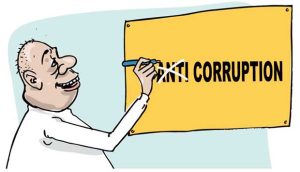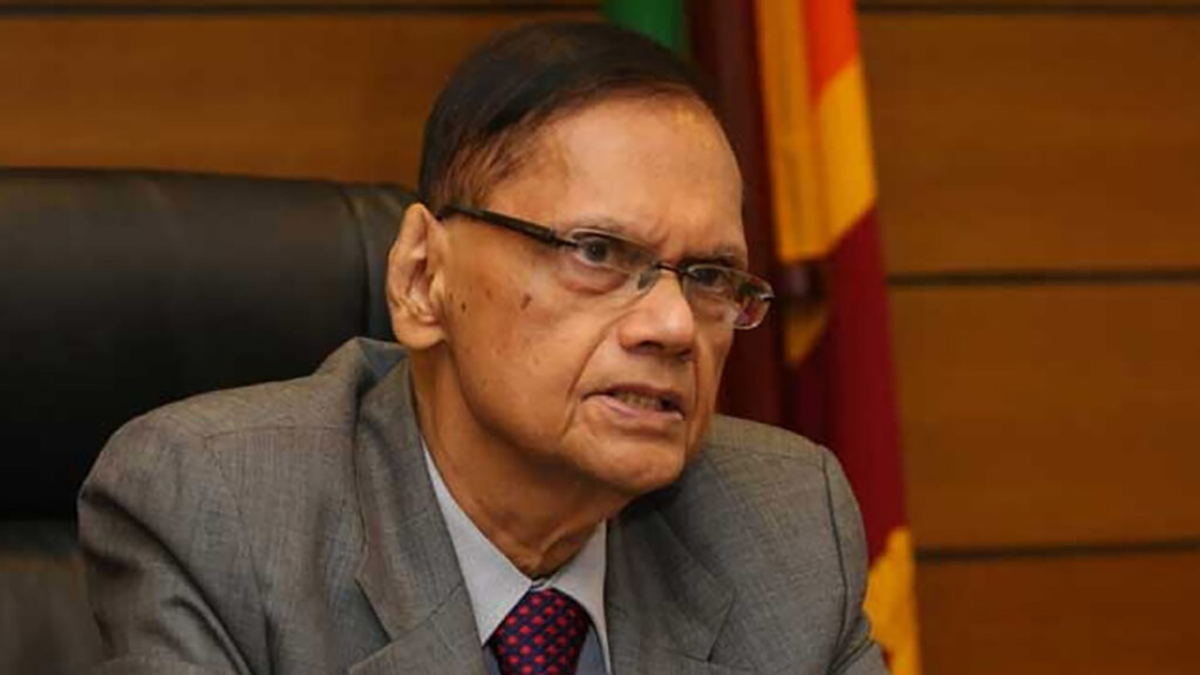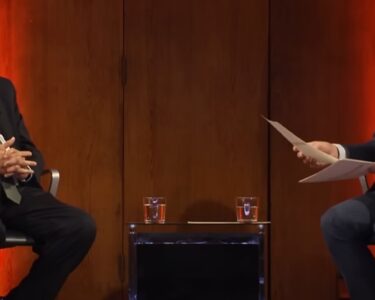Former Foreign Minister G. L. Peiris has levelled accusations against President Ranil Wickremesinghe, alleging that the recent prorogation of Parliament was intended to disrupt ongoing investigations into public finances. Peiris, who recently switched allegiances to the opposition Samagi Jana Balawegaya (SJB), claims the move dissolves six key committees responsible for public finance oversight, hindering crucial inquiries.

Dissolved Committees:
Public Finance Commission
Public Accounts Committee
Committee on Public Enterprises
Economic Stabilization Committee
Ways and Means Committee
Banking Sector and Financial Management Committee
Peiris asserts that this dissolution, affecting 64 out of 91 total committees, aims to shield individuals under investigation, particularly in light of the recent arrest of former Health Minister Keheliya Rambukwella for alleged procurement irregularities. He further criticizes the 113 MPs who voted against a no-confidence motion against Rambukwella, calling them complicit.
Government Responds:
The government has yet to issue an official response to Peiris’ claims. President Wickremesinghe previously exercised his constitutional powers to prorogue Parliament twice since assuming office in July 2022. The opposition claims this pattern disrupts parliamentary functions and raises concerns about transparency and accountability, especially with impending presidential elections.
No-Faith Motion Against Speaker:
Adding to the political turmoil, Peiris announced the SJB’s intention to move a no-faith motion against Speaker Mahinda Yapa Abeywardena. The motion alleges the Speaker acted in the government’s interests by endorsing a controversial “Online Safety Bill” despite legal concerns raised by Peiris and other lawmakers.
Impact and Analysis:
The accusations and upcoming no-faith motion further deepen the political divide in Sri Lanka. Critics warn that dissolving key oversight committees could hinder investigations and erode public trust in government institutions. The government’s response and the outcome of the no-faith motion will be closely watched, with potential implications for the upcoming elections and Sri Lanka’s political landscape.







